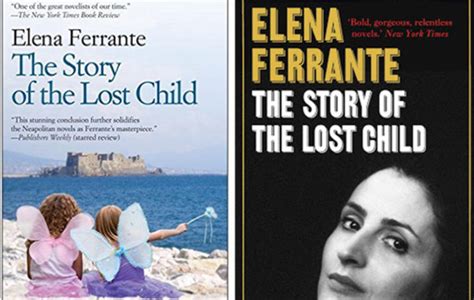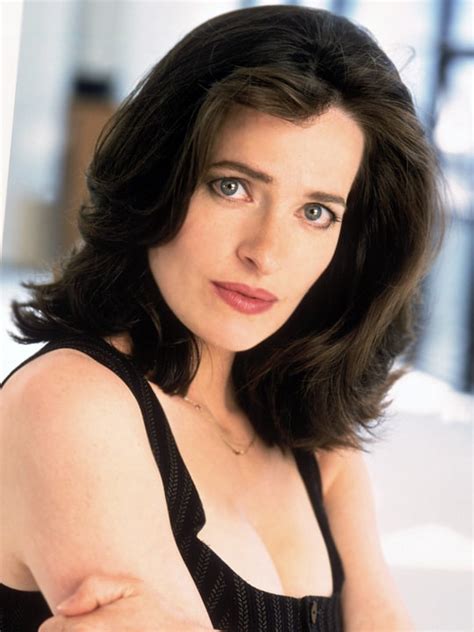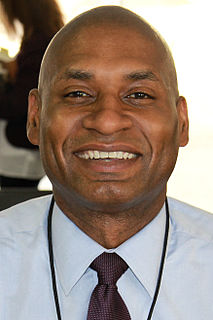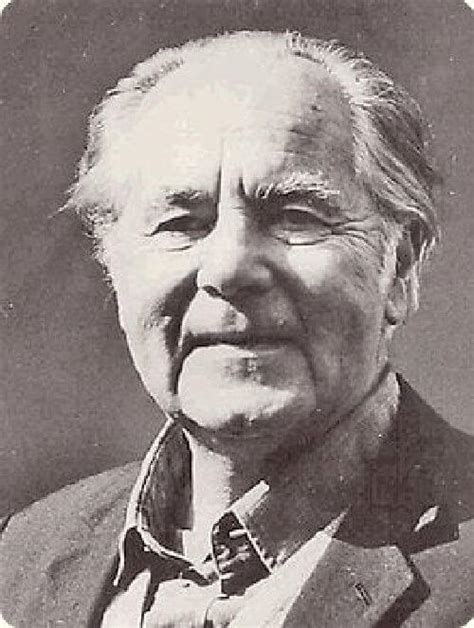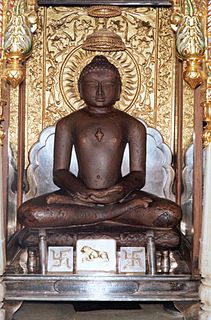A Quote by Elena Ferrante
I think our sexuality is all yet to be recounted and that the rich male literary tradition constitutes a huge obstacle.
Related Quotes
I think women don't see themselves and their sexuality as wholesome. And yet men's sexuality is everywhere. We experience it as a culture in stadiums, thousands of raging fans of male sexuality, screaming, "Kick the ball over the goal post. Get the ball in the hoop. Score a home run." Male sexuality lives in that prowess of the scoring, of conquering, of getting, of that beautiful male energy of domination, aggression, and the competition.
I think the media in America have been absolutely fantastic about the rise of Trump, they've kept a firm eye on the ball: this constitutes democracy, this constitutes transparency, this constitutes fairness, this constitutes the way to behave in a civic society, this constitutes fascism, this constitutes authoritarianism. They're drawing that line, and they're calling him out every time. That's really what needs to happen, and you just have to do that.
What is literary tradition? What is a classic? What is a canonical view of tradition? How are canons of accepted classics formed,and how are they unformed? I think that all these quite traditional questions can take one simplistic but still dialectical question as their summing up: do we choose tradition or does it choose us, and why is it necessary that a choosing take place, or a being chosen? What happens if one tries to write, or to teach, or to think, or even to read without the sense of a tradition? Why, nothing at all happens, just nothing.
[Michael] Chabon, who is himself a brash and playful and ebullient genre-bender, writes about how our idea of what constitutes literary fiction is a very narrow idea that, world-historically, evolved over the last sixty or seventy years or so - that until the rise of that kind of third-person-limited, middle-aged-white-guy-experiencing-enlightenment story as in some way the epitome of literary fiction - before that all kinds of crazy things that we would now define as belonging to genre were part of the literary canon.
